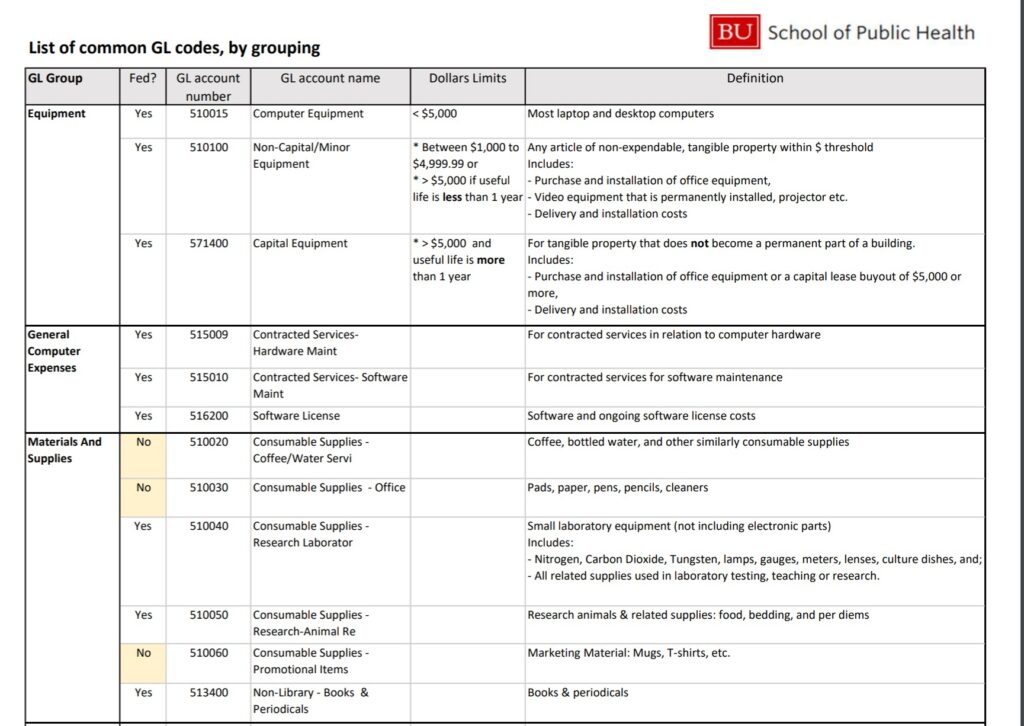Numbers are vital to running any organization but who owns the numbers?
Measurement And Judgment
Pfeffer and Sutton’s (2000) book chapter starts a bit too negatively for my liking. The title sets the wrong tone. “When Measurement Obstructs Good Judgement”. To be fair their point isn’t that measurement is bad. They really mean that bad measurement systems lead to bad consequences. We can all agree with that.
In the text they make perceptive points. For example, make measurement systems simple. I believe however that one point is especially critical.
Does it seen sensible that firms that vary dramatically in their strategies, their cultures, their incentive schemes, and so forth, should all have and use essentially similar managerial measurement and reporting systems? As long as accountants have control of internal measurement, not much will change. We have nothing against accountants, but are simply noting that they are pursuing a different set of goals.
Pfeffer and Sutton, 2000, page 21
Who Owns The Numbers? Accountants?
If the numbers are seen as something that accountants own and manage then the numbers will reflect what accountants want them to do. Accountants want the internal (management) accountants to be as close to the external (financial) accounts as possible. This makes their lives easier. To achieve this they usually set ledger codes as an impenetrable alphanumeric code. These codes can mean something to financial accountants but usually absolutely nothing to budget holder. The budget holder is supposed to control the budget but they can’t do this if they don’t understand the budget. How many marketers use coding structures that make external reporting easier but are, at best, unconnected to their decision-making needs?

Marketers Seize Control Of The Numbers
I suggest marketers must take control of their numbers. The only way to do this is to show a strong commitment to them. I don’t mean producing one poorly thought out number that purports to show that you are doing a marvelous job. (“Aided awareness is now 25%” is only sufficient as a goal for awareness maximizing organizations). The marketing numbers must be robust and driven by the strategy.
My advice is don’t blame accountants for using accounting systems that benefit them. You might as well blame dogs for barking. As marketers we must be serious about owning our numbers. If we don’t own them then someone else will and the numbers won’t do what we want them to. If you don’t understand the managerial accounts’ coding structure pester the accountants till you do. When you understand it pester the accountants to ensure the coding structure supports good decision-making.
For more on management accounting see here, here, and here.
Read: Pfeffer, Jeffrey and Robert I. Sutton, 2000, When Measurement Obstructs Good Judgment: Understanding The Knowing Doing Gap. Excerpted from: The Knowing-Doing Gap: How Smart Companies Turn Knowledge Into Action
